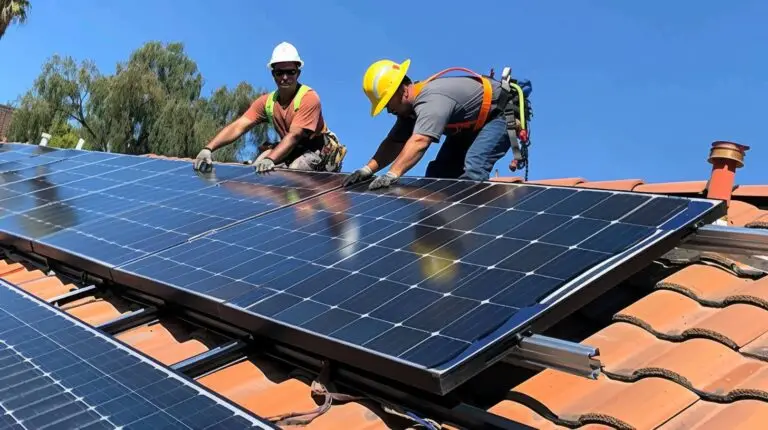Jamaica’s renewable energy ambitions have found new footing with the introduction of a residential solar tax credit. On paper, the measure seems poised to lighten the financial load for those ready to invest in photovoltaic installations at home. Yet, as details emerge, many Jamaicans are discovering that this well-intentioned incentive is far more exclusive than they anticipated.
Recently, senior representatives from the Tax Administration of Jamaica (TAJ), including Senior Technical Specialist Colleen Williams, discussed the policy’s contours during a virtual forum. The credit allows homeowners to claim up to 30 per cent of the combined expenses of purchasing, delivering, and installing solar photovoltaic systems, with a cap set at $1.2 million. In principle, this could significantly ease the path to clean energy adoption—if you fit the carefully prescribed criteria.
That’s where the friction begins. The tax credit is strictly reserved for properties that serve as an owner’s primary residence. As Williams clarified, “The credit is intended for individuals who live in the home as their main place of residence. Properties that double as business ventures or belong to corporate entities do not qualify.” On the surface, this appears logical: the government wants to ensure that genuine homeowners receive the benefit, not large-scale commercial enterprises or investment portfolios.
However, the reality on the ground often resists such neat categorization. Consider a homeowner who rents out a small section of their residence or supplements household income by raising crops on the property. Under the current guidelines, either scenario could render the dwelling “mixed-use” and thus ineligible for the credit. The same fate befalls homes under corporate ownership structures—a common practice in Jamaica for reasons such as estate planning or legal protection. These homeowners may be individuals in all but name, yet their properties are disqualified on a technicality.
This rigid interpretation draws a dividing line through communities that are otherwise enthusiastic about solar energy. It effectively excludes a significant group of people who, by virtue of modern-day property arrangements, can’t meet the programme’s narrow definition of a qualifying residence. The ripple effect is felt not only by homeowners but also by solar providers, who must now break the news to would-be customers that their properties fall outside the permissible boundaries.
Critics argue that the incentive, as currently designed, conflicts with the broader goal of expanding Jamaica’s renewable energy base. They see the criteria as outdated, calling for a more nuanced approach that recognizes the complexities of property use and ownership. Suggestions include prorating the credit for partially commercial properties—allowing, for instance, the primary living space to receive the incentive while excluding the income-producing section—or acknowledging scenarios where beneficial ownership is clear even if the title is held by a company.
These proposed adjustments could vastly improve uptake. After all, Jamaica’s shift to renewable energy should be inclusive, capturing the diverse ways Jamaicans live, work, and invest. Many stakeholders in the renewable sector echo this sentiment. They believe a more flexible policy would not only align with the reality of modern property arrangements but also accelerate the adoption of solar technology, broadening the country’s green energy footprint.
So far, there’s been no official word from policymakers on plans to amend the restrictions. For now, homeowners are left navigating a strict system that rewards some while overlooking others who are equally committed to sustainability. The hope is that constructive feedback—from property owners, solar industry professionals, and environmental advocates—will guide policy refinements.
If Jamaica’s renewable energy transformation is to succeed, it must embrace a diversity of participants. The current solar tax credit is a start, but without adjustments, it risks remaining a well-meaning incentive that too few can realistically claim. Only by acknowledging the complex realities of property ownership and modern home economics can Jamaica’s solar journey truly live up to its promise.






